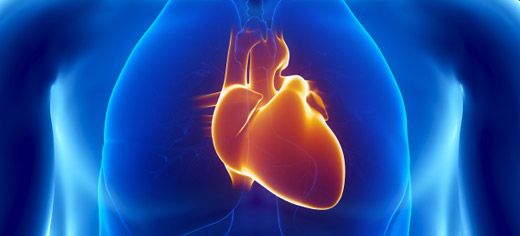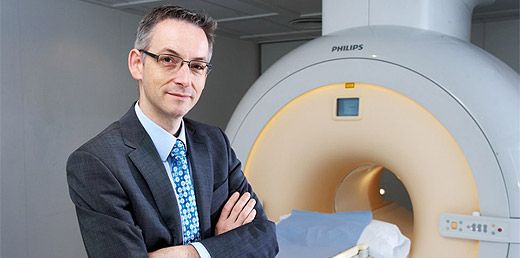
Diabetes raises risk of heart attack death by 50 per cent
Having diabetes increases the risk of dying from the effects of a heart attack by around 50 per cent, a University of Leeds study has found.

Having diabetes increases the risk of dying from the effects of a heart attack by around 50 per cent, a University of Leeds study has found.

The itchy swelling that appears at the site of a mosquito bite isn't just an irritating nuisance - it also makes viral infections spread by the insects far worse, new research has found.

A new study shows that magnetic resonance imaging (MRI) scans are the safest and most effective way to identify high risk patients with cardiac chest pain.

A new study has found that thousands of deaths could have been avoided if heart attack aftercare guidelines outlining when to give treatment were followed.

A new partnership involving some of Leeds’ biggest organisations has come together to improve people’s health and wellbeing both in the city and beyond.

A daily dose of vitamin D3 improves heart function in people with chronic heart failure, a five-year University of Leeds research project has found.

Scientists from the University of Leeds have solved a 25-year-old question about how a family of proteins allow bacteria to resist the effects of certain antibiotics.

A research team led by the University of Leeds has observed for the first time how HIV and Ebola viruses attach to cells to spread infection.

A group of drugs already in everyday use to treat psychosis or depression may also be used to defeat deadly and emerging viruses.

The healthcare company Roche has acquired the intellectual property and technology of the Leeds Virtual Microscope (LVM), an innovative system designed to help pathologists making cancer diagnoses.